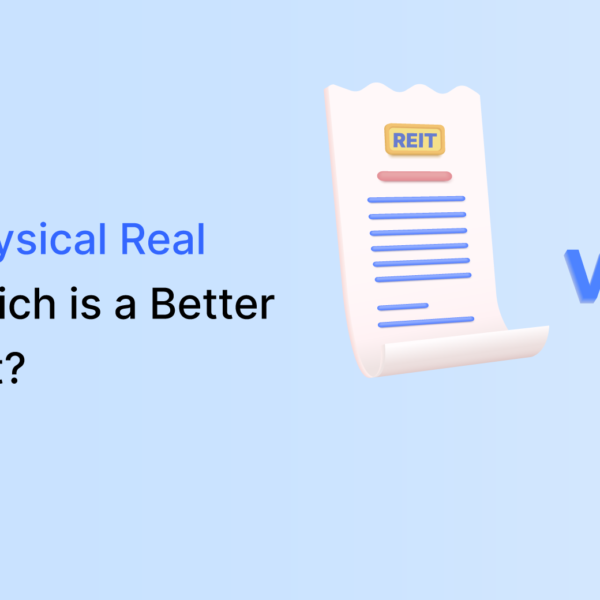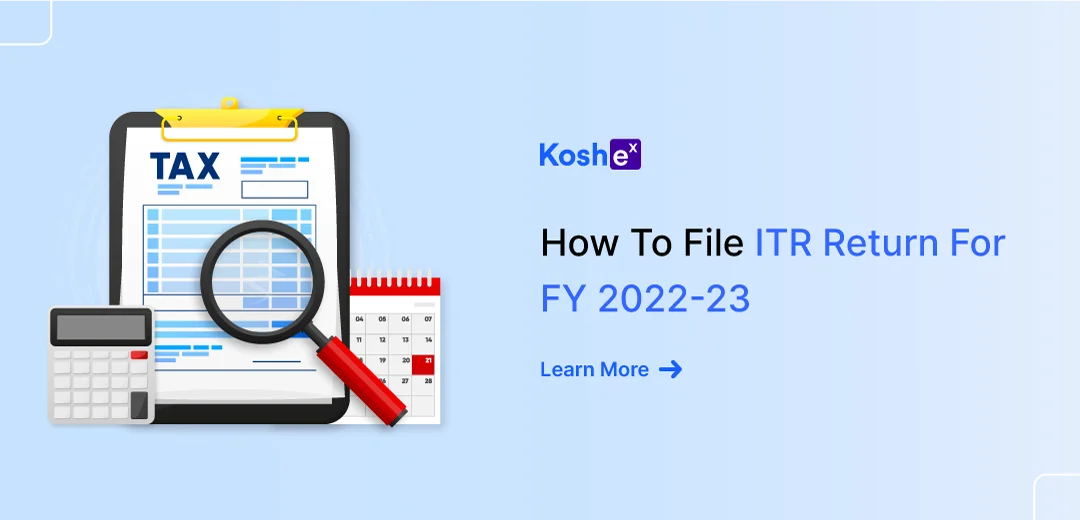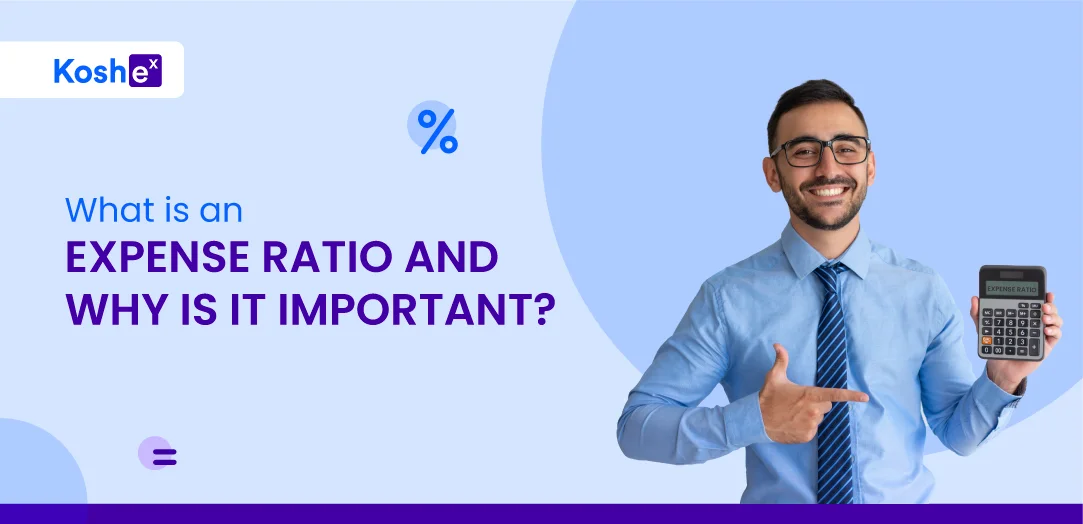Can you start investing in mutual funds in a minor’s name? Yes, parents or legal guardians of minors (below the age of 18 years) can invest in mutual funds on their behalf.
If parents are not there, a court-appointed legal guardian of that child can open a mutual fund scheme account in the minor’s name.
What are you waiting for? You can start investing in mutual funds in a minor’s name in just three clicks. Sign up with Koshex for hassle-free mutual fund investing (either one-time or SIP).
Point to Note Before Investing in Mutual Funds in a Minor’s Name
While investing in mutual funds, especially if you are doing it in a minor’s name, you should keep the market risk in mind. Whenever you are investing in mutual funds, you should always keep in mind that they are subject to market risks.
So, it is important to read the market risks-related documents of the mutual fund scheme thoroughly before investing.
Pros and Cons of Investing in Mutual Funds in a Minor’s Name
There are many benefits to making such an investment. However, there are a few cons to investing in mutual funds in a minor’s name. Let’s check the pros and cons of opening a mutual fund account in your child’s name.
Pros
- Helps you Achieve Specific Financial Goals
Investing in mutual funds in a minor’s name can help you become more disciplined in investment. When you invest in a mutual fund scheme with a plan to achieve your child’s financial goals (say, higher education), you can get emotionally attached.
It will, in turn, help you create a corpus to achieve those specific financial goals for your child’s future. When parents or legal guardians invest in mutual funds in the name of a minor, they usually avoid the temptation to withdraw the invested amount.
For example, higher education is costly in India. If you want to provide a quality higher education to your child, you’ll need a significantly large corpus. Investing in mutual funds in a minor’s name in the long term can help you achieve this goal.
- Tax Efficiency
When you invest in mutual funds for the long term to secure the financial goals of your child, your tax efficiency improves. This is mainly because the capital gains tax from your mutual fund investment in a minor child’s name will be taxed as per your income tax slab.
Parents or legal guardians will bear the tax implications till the sole account holder’s age remains below 18 years. The minor child will have to pay taxes on capital gains only when his/her age is above 18 years.
- Child Learns the Importance of Saving and Investing from an Early Age
When you invest in a mutual fund scheme in your minor child’s name, your child also starts understanding the importance of investment from an early age. This will likely inculcate the habit of saving in your child.
Whenever he/she gets a small monetary gift during birthdays or festivals, you can encourage him/her to invest it in that mutual fund.
This will help the child understand how every small saving and investment, in the long run, can provide a cumulative return.
You can encourage your child to use the mutual fund account as his/her piggy bank. From an early age, your child will learn that investing in a mutual fund scheme not only saves money but also increases your wealth over time cumulatively.
- Tax Obligation will be Less for the Child after 18 Years
The tax obligation of a child usually remains non-existent or minimal when he/she turns 18 years old as they have no other income source.
So, the child who has just changed from minor to major will have to pay tax at a significantly lower tax slab than his/her parents.
Cons
- Transaction will Stop if the Status is not Changed from Minor to Major
When a child attains 18 years of age, as a legal guardian or parent, you should change the sole account holder’s status from minor to major. If not done, all account-related transactions will stop. In fact, any tax implication arising from it would have to be borne by the account holder.
Once your child has attained 18 years of age, your child will now need to have two things:
- PAN card
- KYC compliance
This is because they have attained 18 years of age and will now be considered at par with any other adult investor. In the financial year in which the child becomes a major, the tax payments have to be made for the number of months for which he or she or they have become a major.
- No Facility of Joint Account
The concerned mutual fund account should be in the sole name of the minor. However, the minor should either be represented by a legal guardian or parent. It is important to note that the Mutual Fund folio for the minor can’t be a joint account.
When the minor becomes a major, they may not have the maturity to handle such a large corpus of money. It may make them use the money imprudently. That’s why the facility of a joint account could have been a better option here. This is one of the major cons of investing in mutual funds in a minor’s name.
Conclusion
There are two arguments when it comes to investing in mutual funds in a minor’s name:
- The first argument weighs in favor of separating your investment for yourself (say retirement) from that of your child’s future. They say it always pays when you invest in a mutual fund scheme to secure a specific financial goal related to your child’s future.
When you don’t demarcate the specific purpose for an investment, there are high chances for you to utilize it for other purposes.
So, when you invest in a mutual fund in the name of your child, it usually instills discipline in you to keep investing. It also prevents you from encashing it for other purposes.
You may also choose from the child plans of mutual funds. However, they come with a lock-in period. So, you have to choose according to the needs of your child’s future.
- The second argument against investing in mutual funds in a minor’s name is that it robs you of investment flexibility. Another downside is that after a minor changes to a major (attains 18 years of age), the parent or legal guardian will lose control over the corpus.
Suppose, you invested in a mutual fund scheme to take care of your child’s educational requirements.
It may happen that after getting sole control of the account, your child spends the money to buy luxurious items. In that case, all your efforts to secure your child’s future will be futile. So, one option is to invest in your name and designate your child as the nominee.
Now that you know the pros and cons of investing in mutual funds in a minor’s name, which one would you choose? It depends upon your needs and other factors. Sign up with Koshex for hassle-free mutual fund investing.
Most Frequently Asked Questions (FAQs)
1: Can I open a Mutual Fund SIP in the name of a minor?
Yes, you can invest in a mutual fund in a child’s name through a systematic investment plan (SIP). However, this standing instruction will be valid till the minor turns into a major (attains 18 years of age).
2: Can a Minor Invest in Mutual Funds without a PAN Card?
No, a minor can’t invest in a mutual fund scheme without a PAN card.
3: How can I Invest in Mutual Funds for a Minor?
You can start investing in mutual funds in a minor’s name by using certain documents. Two such documents are a minor’s birth certificate (or other government-issued age proof) and a bank account (either in the name of the minor or their parent/legal guardian).









Leave a Comment